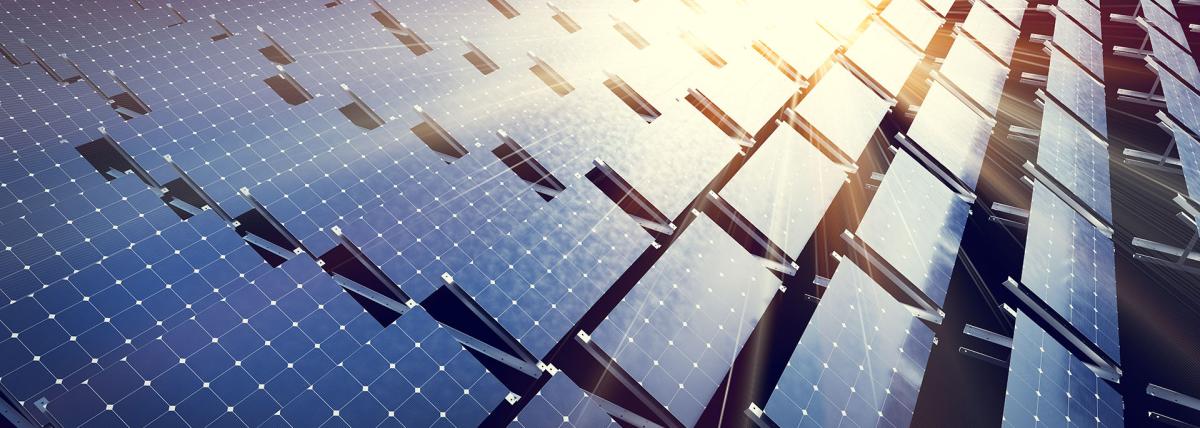
Grades:
6th Grade
Students will construct a model of an ocean habitat to simulate an oil spill. They will then make observations about the behavior of the oil in the water and on the various items in the habitat model


This lesson is about watersheds. It includes the presentation of the lessons, STEM sheet to use, and enrichment activity for students. The lesson includes a branching out activity of their own






